Which vegetables to plant together?
mumsofthree
13 years ago
Related Stories

LANDSCAPE DESIGNGarden Overhaul: Which Plants Should Stay, Which Should Go?
Learning how to inventory your plants is the first step in dealing with an overgrown landscape
Full Story
EDIBLE GARDENSGarden BFFs? Why Your Vegetables Are Begging for Companion Plants
Foster friendships among plants for protection from pests, pollination support and color camaraderie
Full Story
PETS6 Ways to Help Your Dog and Landscape Play Nicely Together
Keep your prized plantings intact and your dog happy too, with this wisdom from an expert gardener and dog guardian
Full Story
LANDSCAPE DESIGNWhich Pergola Is Right for You?
A covered pergola can increase the time you spend in your outdoor living space. Which covering should you choose?
Full Story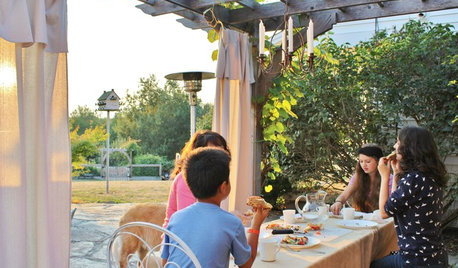
HOUZZ TOURSMy Houzz: A Modern-Day Homestead Brings a Family Together
Their 5-acre Washington property, with sports court, swings, pizza oven and gardens, is a labor of love and communal playspace
Full Story
LOFTSHouzz Tour: Tying Together a Boston Loft
Walnut and other elements weave throughout a family’s condo, filled with multipurpose spaces and newly maximized views
Full Story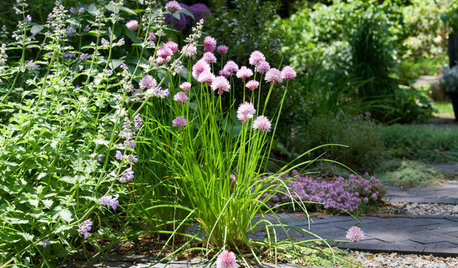
EDIBLE GARDENS8 Surefire Vegetables and Herbs for Beginning Gardeners
Learn the edible plants that are popular and easy to grow in a backyard or container garden
Full Story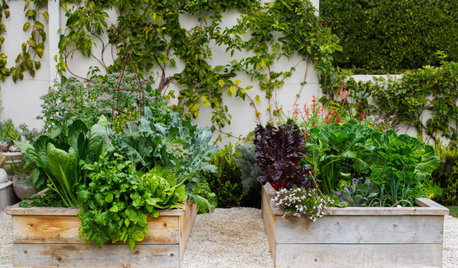
MOST POPULARHow to Start a Cool-Season Vegetable Garden
Late summer and late winter are good times to plan and plant cool-season crops like salad greens, spinach, beets, carrots and peas
Full Story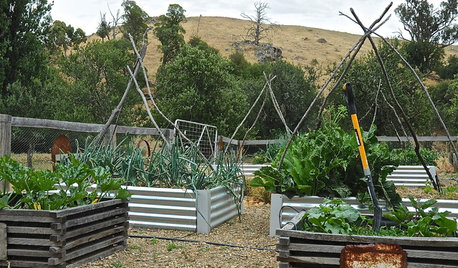
FARM YOUR YARD9 Ways to Change Up Your Vegetable Garden for the Coming Season
Try something new for edible plantings that are more productive than ever
Full Story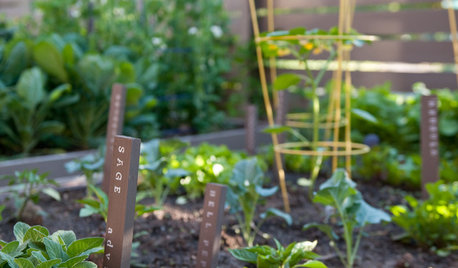
EDIBLE GARDENSKeep Track of Your Vegetable Garden With Plant Markers
Bring order to your edible beds with these labeling ideas
Full StorySponsored






myfamilysfarm
boulderbelt
Related Professionals
Maple Valley Landscape Architects & Landscape Designers · Horsham Landscape Architects & Landscape Designers · Kapaa Landscape Architects & Landscape Designers · Ashburn Landscape Contractors · Hawthorne Landscape Contractors · Las Vegas Landscape Contractors · Melrose Park Landscape Contractors · Rio Linda Landscape Contractors · River Ridge Landscape Contractors · Rockland Landscape Contractors · Shirley Landscape Contractors · Chicago Ridge Landscape Contractors · Quartz Hill Landscape Contractors · Downey Solar Energy Systems · Madison Solar Energy Systemsmyfamilysfarm
mumsofthreeOriginal Author
myfamilysfarm
little_minnie
myfamilysfarm
mumsofthreeOriginal Author
myfamilysfarm
little_minnie
boulderbelt
myfamilysfarm
little_minnie
cowpie51
buffyfultz
myfamilysfarm
mumsofthreeOriginal Author
myfamilysfarm
cowpie51
myfamilysfarm
mumsofthreeOriginal Author
cowpie51
myfamilysfarm
cowpie51
myfamilysfarm
mumsofthreeOriginal Author
myfamilysfarm
mumsofthreeOriginal Author
myfamilysfarm